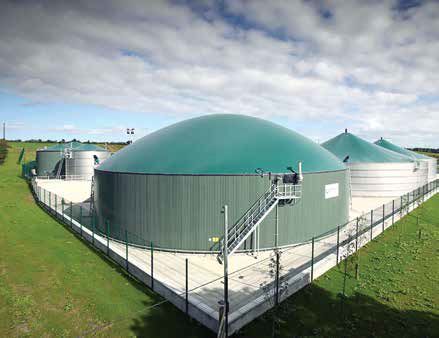Nowadays newspapers are filled with disturbing reports about the alarming condition of the environment. Rising global temperatures, polluted oceans, decreasing soil fertility, multi-resistant bacteria, rising sea level and many more are just some problems our civilization is facing. The world’s population is growing and driving towards the catastrophic point of no return.

Many programs from governmental and non-governmental organizations such as Ministries, World Bank, UNDP are trying to keep the damage limited but it is a race against time. Without drastic action humanity will suffer unpredictable consequences.
One of the scarce movements that are trying to solve these problems on a multi disciplinary scale is the movement of Biochar. Through carbonization of organic matter, the CO2 captured during Photosynthesis, will be embedded in a stable carbon grid and provides a natural way to remove CO2 from the air. In this production process a lot of heat energy emerges and CO2 is removed from the air. In fact you catch two birds with one stone.
The remaining Biochar can be applied in many beneficial ways in order to restore a natural equilibrium. The company BASNA in Cacak, Serbia has specialized in producing Biochar for animal feed additive, which improves animal health and reduces the needs for antibiotics. At the same time the animal performance is rising. Feeding Biochar to animals leads to increased feed conversion rate, higher milk and egg production, improved meat quality and reduces the aggressive behavior of animals in indoor enclosures. And on top of that the Biochar particles get charged with plant available nutrients in the manure and that way reduce the need for mineral fertilizers. This mixture of manure and biochar restore organic matter in the ground, store water in dry periods and prevent pesticides of leaking into the ground water.
But the benefits of Biochar do not end here. Biochar is an all-rounder! It is applied in agriculture where it can drive conventional farming towards organic and sustainable agriculture without any compromises in performance. In fact it will even reduce workload and running-costs. Biochar will improve plant growth, yield and fruit quality, restore humus in the ground and strengthen the plant resistance against diseases and insects, which at the same time reduces the need for pesticides and mineral fertilizers.
Applied in city parks, road greening and green areas Biochar improves water- holding capacity and reduces the storm water flooding in sewers. In fact half of the sea level rise since the last 150 years is not melted polar or glacier ice, but not-retained groundwater.
Biochar is also applied in Biogas production in order to raise the electrical output and stabilize the microbiology. In other words it makes sustainable energy production more profitable. And again the digestate will improve its fertilizer properties and support plant cultures with all its positive side effects of rebuilding humus, water storage capacity and preventing chemicals of leaking into the ground water.
Not enough yet?
Biochar has excellent absorption capacities and it removes hormone like substances and drug residues from drinking water. Biochar in building materials has proven to improve insulation properties without compromising stability. It leads to less weight and thus leaner and more efficient construction practice while providing better insulated houses in winter and summer.
Latest studies are experimenting with Biochar as replacement for grapheme particles in the accumulators of every day battery driven electrical gadgets, such as mobile phones and electric cars. The possibilities of beneficial Biochar applications are endless and any way of using it is removing CO2 from the air with simultaneous sustainable energy production. In fact by heating your swimming pool in wintertime, you are actually doing more good for the environment than if you weren’t heating it!